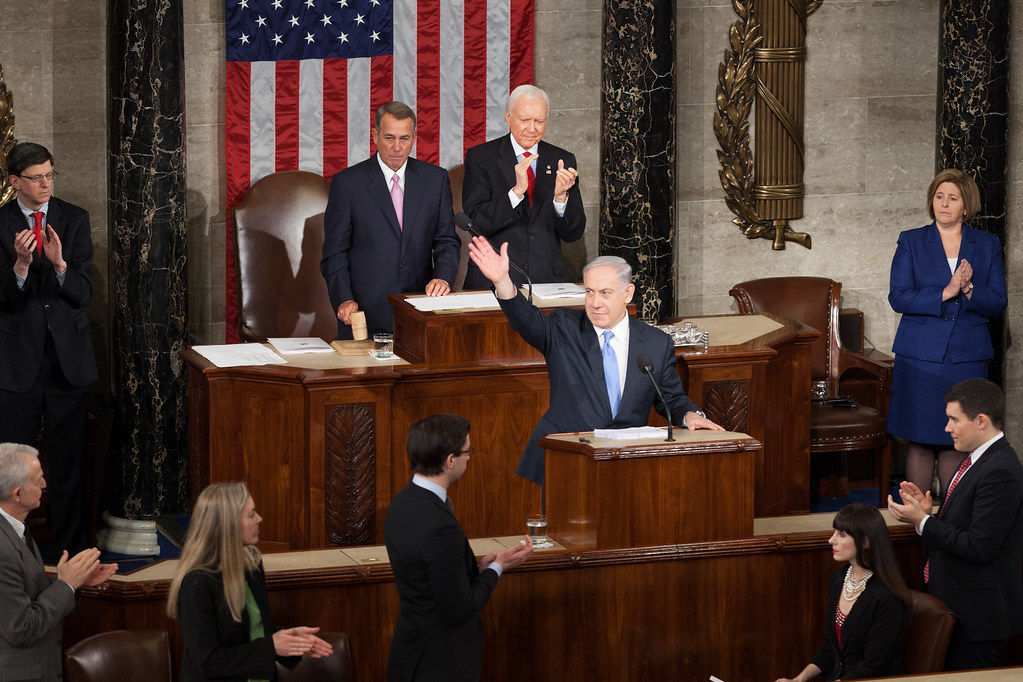
As I made my way to the coffee station in Commons, I was immediately met with disapproving glares from several teachers and faculty members, all judging my choice to imbibe in a morning cup of coffee. Suddenly, my ordinary morning ritual felt like a heinous crime. This wasn’t the first time that my coffee-drinking habits were met with scorn from the adults in my life and I knew it wouldn’t be the last. But why is there such a stigma around students drinking coffee? And if student coffee consumption is so harmful, shouldn’t adults, our fellow coffee drinkers, be focused on educating us about the dangers of coffee rather than shaming us for modeling their behavior?
Coffee is a beverage with both benefits and flaws. The Harvard T.H. Chan School of Public Health shared in a study that “moderate coffee intake — about 2–5 cups a day — is linked to a lower likelihood of type 2 diabetes, heart disease, liver and endometrial cancers, Parkinson’s disease, and depression.” Johns Hopkins Medicine performed a similar study and found that “coffee also contains antioxidants and other active substances that may reduce internal inflammation and protect against disease.” However, this information does negate the fact that coffee contains both high sugar and caffeine content. Tons of sweeteners and artificial flavorings ranging from aspartame to sucralose are added to coffee, all of which have negative effects such as damaged kidney and livers, shifted glucose and insulin levels, and migraines. Additionally, caffeine, the larger culprit, is a stimulant that may provide temporary boosts of energy but also induces headaches, insomnia, anxiety, and has been linked to high blood pressure and high cholesterol.
However, it’s not the coffee itself that’s harmful, it’s the artificial sugars and caffeine. So why don’t we limit the consumption and availability of all foods and drinks with these substances, including but not limited to coffee? One prime example is energy drinks, which were readily available for Poly’s student-athletes. Most recently, Celsius energy drinks were being sold in Novogratz’s vending machines (they are no longer available there). One can of Celsius contains 200 milligrams (mg) of caffeine, while the Mayo Clinic reports that the average cup of coffee contains 96 mg.
What makes energy drinks more acceptable than coffee? From the Oreos that are sold in Commons to the Gatorade protein shakes that are available for free in the weight room, there are so many foods and drinks available at Poly besides coffee that contain exceedingly large amounts of caffeine and sugar. I am by no means arguing that coffee consumption should be deemed okay just because there are worse foods available. Instead, I am arguing that coffee should be one of the many foods and beverages that we should attempt to eliminate from our everyday diets.


























